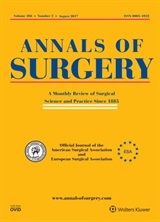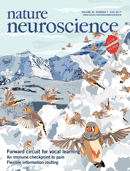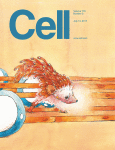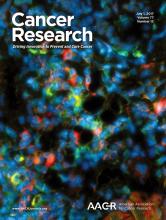 The Annals of Surgery has retracted a paper that used only male pronouns to describe surgeons following outcry from readers.
The Annals of Surgery has retracted a paper that used only male pronouns to describe surgeons following outcry from readers.
The journal plans to replace the article — a recent presidential address of the European Surgical Association — with a new version with more “gender inclusive language.”
The problem, said editor Keith D. Lillemoe, is that the address was delivered in April by previous ESA president Marek Krawczyk in Polish. According to an email Krawczyk sent to ESA leadership, which Lillemoe forwarded to us, Krawczyk says the pronoun “his” can include women in Polish.
Still, Lillemoe told us, the journal believed it needed to quickly retract the paper:
Continue reading Following uproar, surgery journal retracts paper with male-only pronouns








